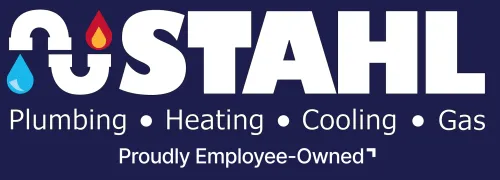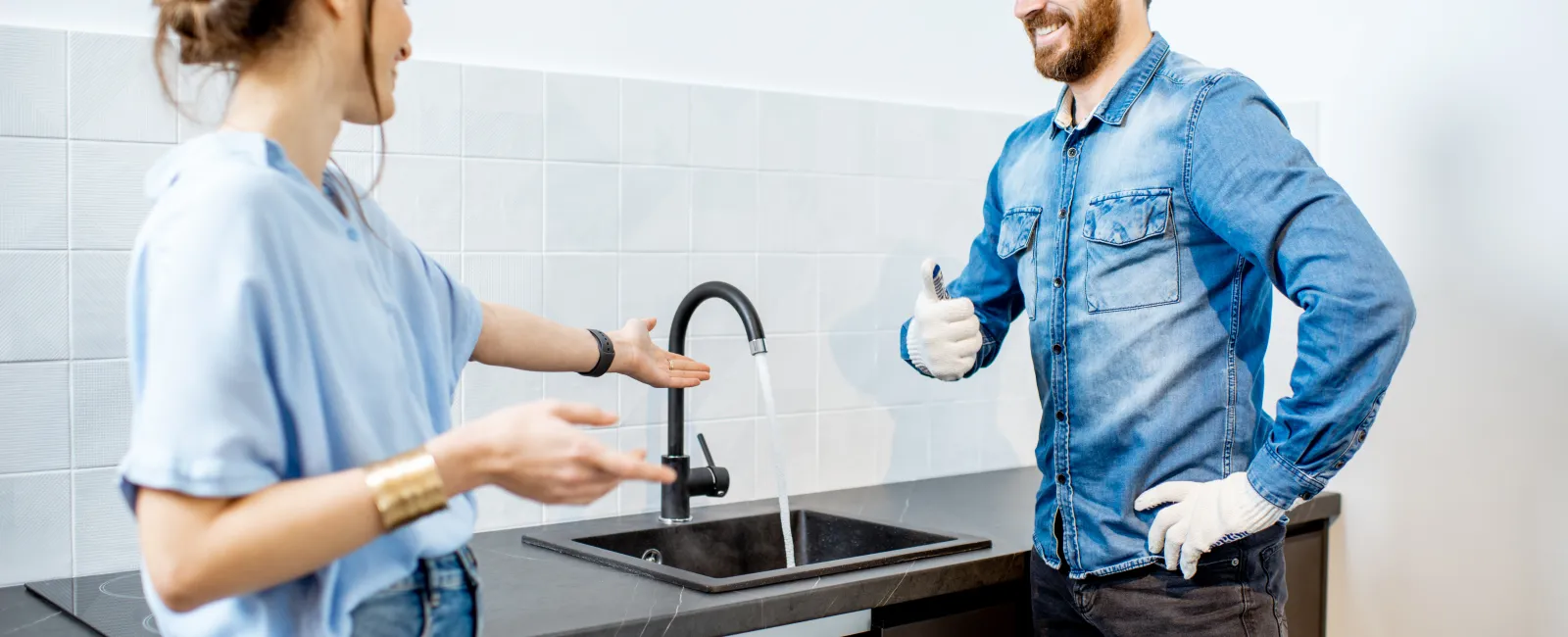Plumbing Tips for First-Time Homeowners
- Learn plumbing tips to read water meters and detect leaks early.
- Address dripping faucets to save water and reduce bills.
- Know what not to flush to prevent clogs and maintain pipes.
- Regularly clean aerators to ensure optimal water flow and quality.
Congratulations on purchasing your first home! As a first-time homeowner, it's important to acquire some basic plumbing knowledge to handle common issues and maintain your home's plumbing system effectively. Here are essential plumbing tips to help you get started and ensure your home's plumbing is in top shape.
1. Know Where Your Main Water Shutoff Valve Is Located
One of the most crucial plumbing tips for first-time homeowners is knowing where the main water shutoff valve is. This valve controls the flow of water into your home and can be a lifesaver in preventing major water damage in case of a leak or pipe burst. Familiarize yourself with its location and operation as soon as you move in.
2. Learn How to Read Your Water Meter
Understanding how to read your water meter can help you monitor your water usage and detect leaks early. Regular checks can alert you to any unusual increases in water use that might indicate hidden leaks, helping you address them before they escalate. Familiarize yourself with the location of your meter and how to interpret its readings. If you notice consistent usage when water isn't being used, this could be a sign of a leak somewhere in your system.
3. Don't Ignore Dripping Faucets
A dripping faucet might seem minor, but it can lead to significant water waste and increased bills over time. Learning how to replace a washer or cartridge in your faucets is a valuable piece of basic plumbing knowledge that can save money and prevent further issues. Additionally, addressing these small repairs promptly can prevent more extensive damage to your faucets and fixtures, preserving their longevity and functionality.
4. Understand What Not to Flush
Preventing clogs is easier when you know what not to flush down your toilets. Avoid disposing of anything other than toilet paper and human waste—items like wipes, feminine hygiene products, and cotton swabs can severely block your pipes. Educating everyone in your household about these guidelines can help maintain your plumbing system's health and avoid the need for unpleasant and potentially costly repairs.
5. Regularly Inspect and Clean Aerators
Faucet aerators can get clogged with sediment and debris, affecting water pressure and quality. First-time homeowners should make it a habit to clean these small but crucial components regularly to maintain optimal flow and prevent buildup. Unscrewing the aerator from the faucet tip and cleaning it under running water can often remove any debris. Soaking it in vinegar overnight can dissolve mineral deposits, ensuring it functions efficiently.
6. Get Familiar With Your Appliances
Know how your water-related appliances work, including your water heater, dishwasher, and washing machine. New homeowner plumbing checks should include inspecting these appliances for leaks or malfunctions and understanding their basic maintenance requirements.
7. Schedule Annual Plumbing Inspections
Even if everything seems to be in working order, scheduling annual inspections with a professional plumber can prevent future problems. These inspections can identify potential issues like small leaks, corrosion, or wear and tear that might not be visible or obvious to you.
8. Learn How to Handle Minor Clogs
Having the right tools like a plunger and a plumber's snake and knowing how to use them can help you manage minor clogs without needing to call a professional every time. However, for more significant blockages, professional help might be necessary.
9. Insulate Your Pipes
Prevent your pipes from freezing and bursting during cold weather by insulating them. This is especially important in unheated areas of your home such as garages and basements. Proper insulation can also help reduce heat loss and save energy.
10. Create a Plumbing Emergency Kit
A kit that includes basic tools and supplies like wrenches, sealant, and washers can be invaluable in managing unexpected plumbing issues. Keeping this kit accessible can make DIY fixes quicker and less stressful.
Gaining basic plumbing knowledge and following these plumbing tips can greatly ease the transition into homeownership. Regular maintenance and a proactive approach to plumbing can save you from future headaches and costly repairs.
Ready to ensure your plumbing is up to par? Contact Stahl Plumbing for a comprehensive home inspection or any plumbing services you need. Our expert team is here to assist first-time homeowners with everything from emergencies to routine maintenance. Visit Stahl Plumbing or call us today to get started on your plumbing journey with confidence!

